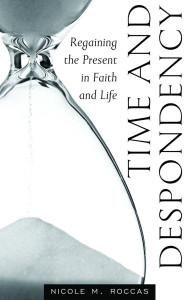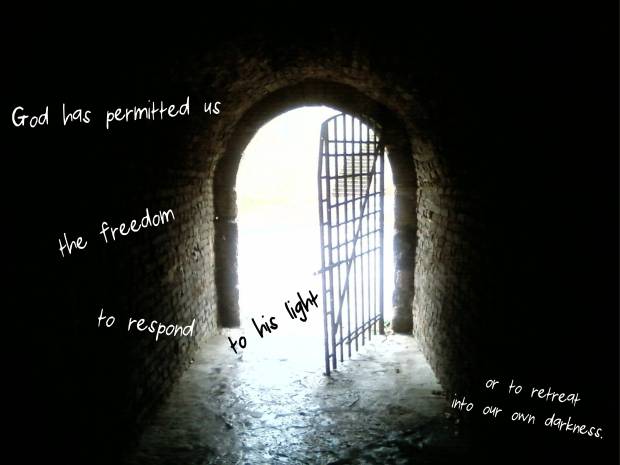 Two weeks ago I mentioned a book I’m reading, Time and Despondency: Regaining the Present in Faith and Life, by Nicole M. Roccas. As I continue reading, I’m impressed with the timeliness of reading this book during Great Lent, which begins today for Orthodox Christians. Yes, today is “Clean Monday,” and the journey to Pascha (Orthodox Easter) actually began last night with Forgiveness Vespers in Orthodox churches all over the world. (For reminders about Clean Monday, check out my post from 2016, “Gifts From the Sea on Clean Monday,” and from my old blog, ten years ago: “Forgiveness Sunday and Kites on Clean Monday.”)
Two weeks ago I mentioned a book I’m reading, Time and Despondency: Regaining the Present in Faith and Life, by Nicole M. Roccas. As I continue reading, I’m impressed with the timeliness of reading this book during Great Lent, which begins today for Orthodox Christians. Yes, today is “Clean Monday,” and the journey to Pascha (Orthodox Easter) actually began last night with Forgiveness Vespers in Orthodox churches all over the world. (For reminders about Clean Monday, check out my post from 2016, “Gifts From the Sea on Clean Monday,” and from my old blog, ten years ago: “Forgiveness Sunday and Kites on Clean Monday.”)
This morning as I continue reading Nicole’s book, Time and Despondency, I’m especially struck by the crucial place despondency plays in our Lenten journey. From her chapter, “Time and Despondency”:
TO RESPOND OR DESPOND?
As pointed out earlier, acedia—the Greek term for despondency favored by the theologians of late antiquity—connotes the absence of care. In regard to time, however, despondency also manifests itself as a lack of responsiveness. Actualized time consists of re-sponding, unfulfilled time of de-sponding. Both words—respond and despond—contain the Latin verb spondere: ‘to pledge, promise, or guarantee.’ To re-spond literally means to make a fresh promise. When we respond to God’s love, we are essentially re-promising, re-giving ourselves—offering back to God what was given to us….
On the other hand, to de-spond means to lower or cancel a promise. It implies an absence of, or movement downward from, promise. And when we move away from response, when we descend from the opportunity to offer ourselves back to God—who is substance and fullness—our only option is emptiness. Death.
I read these words several times this morning, asking the Holy Spirit to enlighten the eyes of my heart so that I could see what God was trying to say to me on this, the first day of Great Lent. I often dread Lent, rather than looking forward to this season with its greater number of (longer) church services and its stricter fasting program. But this year I feel a shimmer of hope—and the possibility of responding to the gifts God has for me during this season, rather than desponding, as I often do.

Having recently met with my father confessor for help with this next leg of my spiritual journey, I was given advice for embracing the fast in ways that encourage me to respond, rather than to despond. And as my husband—an Orthodox priest—blessed our home yesterday afternoon with prayers and the sprinkling of holy water on the walls in every room of our house while my Goddaughter Katherine, visiting from Gulfport, and I walked with him throughout the house chanting the verses for the house blessing, I felt my soul responding to this annual tradition with hope. Yes, I have hope that this next year, and especially this Lenten season, will be filled with blessings as I learn to respond to God’s love in ways that will affect my relationship with others and my struggles with my personal demons.
And so I say bring on the fast and the longer, more frequent church services with the darker vestments and minor key music. This year I hope to respond to all of this with love, and not with despair. May God bless.
P.S. After posting a link to this on Facebook yesterday, my friend Erin commented about Nicole’s Lenten Reading Guide she just published to go with the book! Here’s a link to it.
You have given me new thoughts on my frienamy (sp)? despondency.
Hi, Jan. I don’t know what “frienamy” means…. but thanks for reading.
It is a combo of friend + enemy!